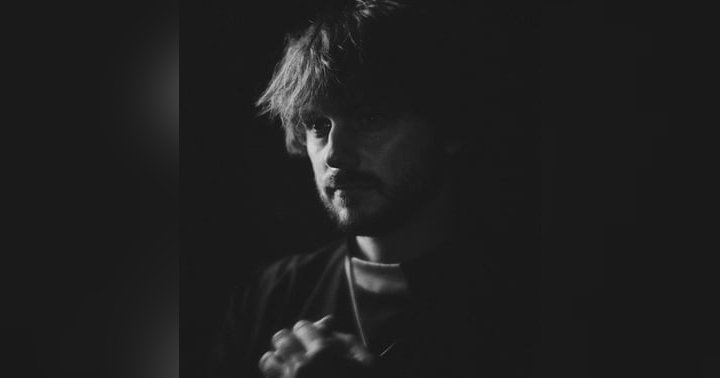Reconnecting with My True Self: The Healing Power of the 4th Step

For much of my life, I carried a heavy burden I didn't fully understand—a deep, unspoken pain rooted in growing up without knowing my father. The absence of that relationship left a void, but for many years, I lived in denial about the impact it had on me. I told myself that I was fine, that I didn’t need a father figure, that I could be strong without him. But deep down, the truth was gnawing at my soul.
Denial can be a powerful force, shielding us from pain while also keeping us from healing. In my case, it allowed me to avoid confronting the deep-seated hurt of not having a father to guide me, to show me what it meant to be a man, and to simply be there when I needed him. I buried those feelings so deeply that I didn’t even realize how much they influenced my thoughts, behaviors, and relationships.
It wasn't until I started working on a 4th step inventory, as part of my recovery journey, that I began to peel back the layers of denial. The 4th step inventory is a fearless and searching moral inventory of ourselves—an exercise designed to uncover the roots of our resentments, fears, and insecurities. As I went through this process, I was forced to confront the reality of my childhood and the pain I had long ignored.
In the inventory, I came face-to-face with my inner child—the part of me that had been abandoned, hurt, and left yearning for love and acceptance. This was the true self that I had been hiding from, the person God had intended me to be but whom I had neglected for so long. It was a difficult and emotional experience, but it was also liberating. For the first time, I allowed myself to feel the grief, anger, and sadness that I had denied for so long.
As I continued to work through my inventory, I began to see that this inner child wasn't just a source of pain; he was also a source of love, creativity, and strength. He was the part of me that still held onto hope, that still believed in the possibility of a better life. I realized that in order to heal, I needed to develop a relationship with this child—to acknowledge his pain, to comfort him, and to let him know that he was loved.
Developing a loving relationship with my inner child has been transformative. It's not something that happens overnight; it's a journey that requires patience, compassion, and a willingness to embrace vulnerability. But as I’ve learned to nurture this relationship, I’ve also discovered a deeper sense of self-acceptance. I’m no longer defined by the absence of my father or the pain of my past. Instead, I’m embracing the person I was always meant to be—the person God intended me to be.
This journey to self-acceptance hasn’t been easy, but it has been worth it. Through the process of healing from the inside out, I’ve found a sense of peace and wholeness that I never thought possible. I’ve learned that true healing comes from within, from confronting our deepest wounds and nurturing the parts of ourselves that we’ve long ignored. And as I continue on this path, I know that I’m not alone—my inner child is with me, and together, we’re discovering what it means to live a life filled with love, acceptance, and grace.

